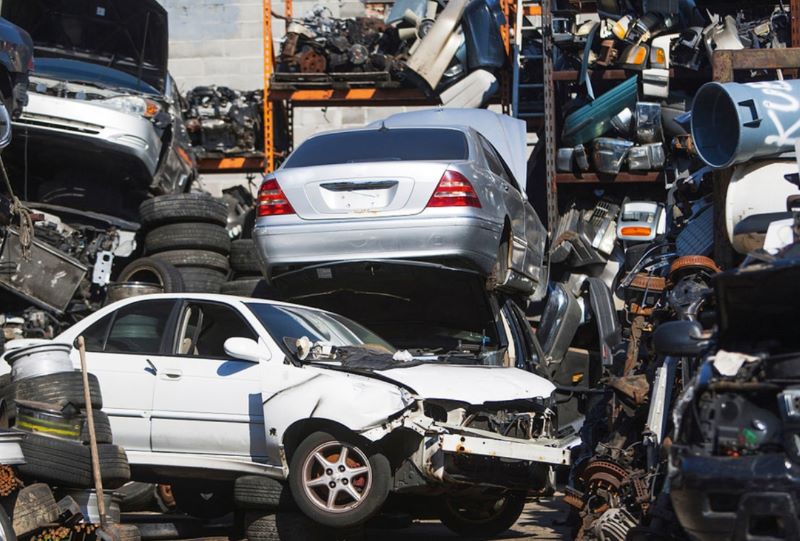Cars are an indispensable mode of transportation in our daily lives, but when they age or get damaged, they become a burden on the environment. To reduce the impact of car waste on the environment, we can dismantle and recycle them. Among them, the plastic parts in cars are an important resource, which can be transformed into useful products or raw materials.
The plastic parts in cars mainly include the following categories:
· Exterior plastics of the car body, such as bumpers, headlights, license plate frames, etc.;
· Interior plastics of the car body, such as dashboards, door panels, seats, carpets, etc.;
· Plastics in the engine compartment, such as radiators, fans, pipes, etc.;
· Rubber products such as tires and brake pads.
After these plastic parts are dismantled, they can be recycled in different ways, for example:
· Mechanical recycling: The plastic parts are cleaned, crushed, melted, and granulated to make new plastic pellets, which are used to produce other plastic products;
· Chemical recycling: The plastic parts are subjected to reactions such as cracking, hydrogenation, or esterification to decompose them into monomers or low molecular weight compounds, which are used to produce fuel or chemical raw materials;
· Thermal energy recovery: The plastic parts are incinerated or gasified, and the heat generated is used for power generation or heating;
· Biodegradation: The plastic parts are treated with microorganisms to decompose them into harmless substances such as water and carbon dioxide, which are used to improve soil or fertilizers.
Through the above methods, we can transform the plastic from scrapped cars into valuable products or raw materials after dismantling, which not only saves resources but also protects the environment. This is a practice that conforms to the concept of a circular economy.